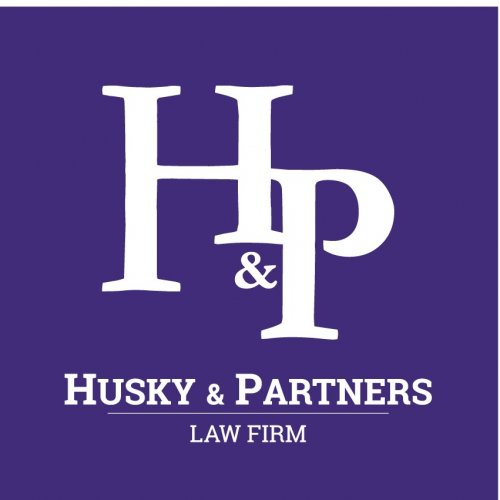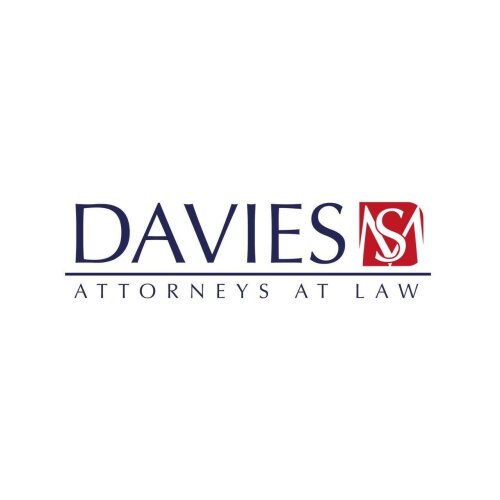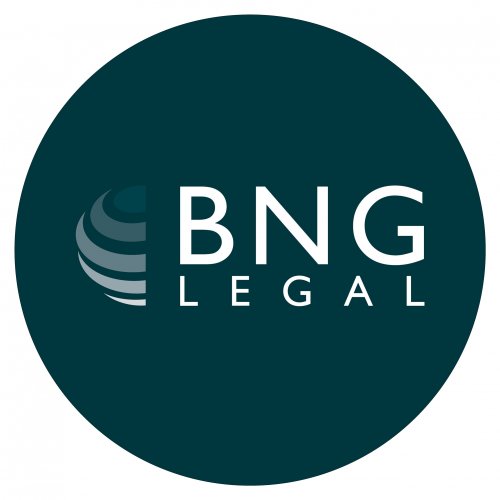Best Landlord & Tenant Lawyers in Phnom Penh
Share your needs with us, get contacted by law firms.
Free. Takes 2 min.
Free Guide to Hiring a Real Estate Lawyer
List of the best lawyers in Phnom Penh, Cambodia
About Landlord & Tenant Law in Phnom Penh, Cambodia
Landlord and tenant law in Phnom Penh, Cambodia, governs the rights and responsibilities of both landlords and tenants during the renting, leasing, or letting of property. In a rapidly developing city like Phnom Penh, understanding these laws is crucial to navigating the real estate market. Cambodian lease agreements typically adhere to the Civil Code of Cambodia and often involve negotiations that reflect both legal requirements and local customs.
Why You May Need a Lawyer
If you are involved in a landlord-tenant relationship in Phnom Penh, you may encounter circumstances necessitating legal advice. Common situations include lease disputes, eviction processes, issues relating to rental deposits, negotiating the terms of lease agreements, and ensuring compliance with local laws. A lawyer can offer guidance on protecting your rights, mediate disputes, and provide representation if legal proceedings become necessary.
Local Laws Overview
Several key aspects of local laws are relevant to landlords and tenants in Phnom Penh, Cambodia:
- The Civil Code of Cambodia regulates lease agreements, covering essential elements such as the rights and duties of both parties.
- Lease agreements should be in writing and registered if they exceed six years.
- The landlord is responsible for maintaining the property and ensuring it is fit for habitation.
- The tenant is responsible for using the property respectfully and paying rent on time.
- Eviction procedures must comply with legal protocols, avoiding arbitrary eviction practices.
- Security deposits are typically required and often equivalent to one to three months' rent.
Frequently Asked Questions
What should be included in a rental agreement?
A rental agreement should include the names of the parties involved, a description of the property, the duration of the lease, the amount of rent, payment terms, and any other agreed-upon terms, such as maintenance responsibilities.
Can a landlord increase the rent at any time?
No, rent increases are generally subject to the terms specified in the lease agreement. It is common to include a clause allowing for rent adjustments, often annually.
What is the usual rental deposit required?
Typically, landlords require a deposit of one to three months' rent as security against damages or unpaid rent.
How is an eviction process initiated?
Eviction must follow legal procedures, often starting with a formal notice to vacate, and requiring legal justification, such as non-payment of rent. Landlords may seek court intervention if a tenant refuses to leave.
Who is responsible for property repairs?
Landlords are generally responsible for major repairs and ensuring the property is habitable. Tenants must take care of minor repairs and notify the landlord of any serious issues.
What happens if a tenant wants to terminate the lease early?
If a tenant wishes to break the lease, they should follow the terms outlined in the agreement, which often include giving notice and possibly incurring penalties.
Are verbal lease agreements valid?
While verbal agreements may be legally binding, it is recommended to have a written contract to clearly outline the terms and facilitate easier dispute resolution.
What are my rights regarding privacy as a tenant?
Tenants are entitled to privacy in their rented homes. Landlords must provide notice and, in some cases, obtain consent to enter the property, except in emergencies.
How are maintenance issues typically handled?
Tenants should inform landlords promptly about necessary repairs. Landlords are expected to address significant maintenance issues promptly to avoid further damage or safety hazards.
Can a lease be automatically renewed?
Some leases include an automatic renewal clause, while others require explicit renewal agreements. It is essential to review the lease terms regarding renewal procedures.
Additional Resources
Consider the following resources and organizations for further assistance:
- Ministry of Land Management, Urban Planning and Construction: Offers guidance on property-related queries and regulations.
- Cambodian Legal Resource Development Institute: Provides legal resources and educational materials about Cambodian law.
- Local real estate agencies: Often knowledgeable about the latest developments in property law and can offer practical advice.
Next Steps
If you require legal assistance with a landlord-tenant matter, consider the following steps:
- Gather all relevant documents related to your property or lease agreement.
- Schedule a consultation with a legal professional experienced in Cambodian property law.
- Prepare questions and concerns to discuss with your lawyer to ensure a comprehensive understanding of your situation.
- Follow the lawyer's advice and participate actively in any proposed resolution process or legal proceedings.
Lawzana helps you find the best lawyers and law firms in Phnom Penh through a curated and pre-screened list of qualified legal professionals. Our platform offers rankings and detailed profiles of attorneys and law firms, allowing you to compare based on practice areas, including Landlord & Tenant, experience, and client feedback.
Each profile includes a description of the firm's areas of practice, client reviews, team members and partners, year of establishment, spoken languages, office locations, contact information, social media presence, and any published articles or resources. Most firms on our platform speak English and are experienced in both local and international legal matters.
Get a quote from top-rated law firms in Phnom Penh, Cambodia — quickly, securely, and without unnecessary hassle.
Disclaimer:
The information provided on this page is for general informational purposes only and does not constitute legal advice. While we strive to ensure the accuracy and relevance of the content, legal information may change over time, and interpretations of the law can vary. You should always consult with a qualified legal professional for advice specific to your situation.
We disclaim all liability for actions taken or not taken based on the content of this page. If you believe any information is incorrect or outdated, please contact us, and we will review and update it where appropriate.











